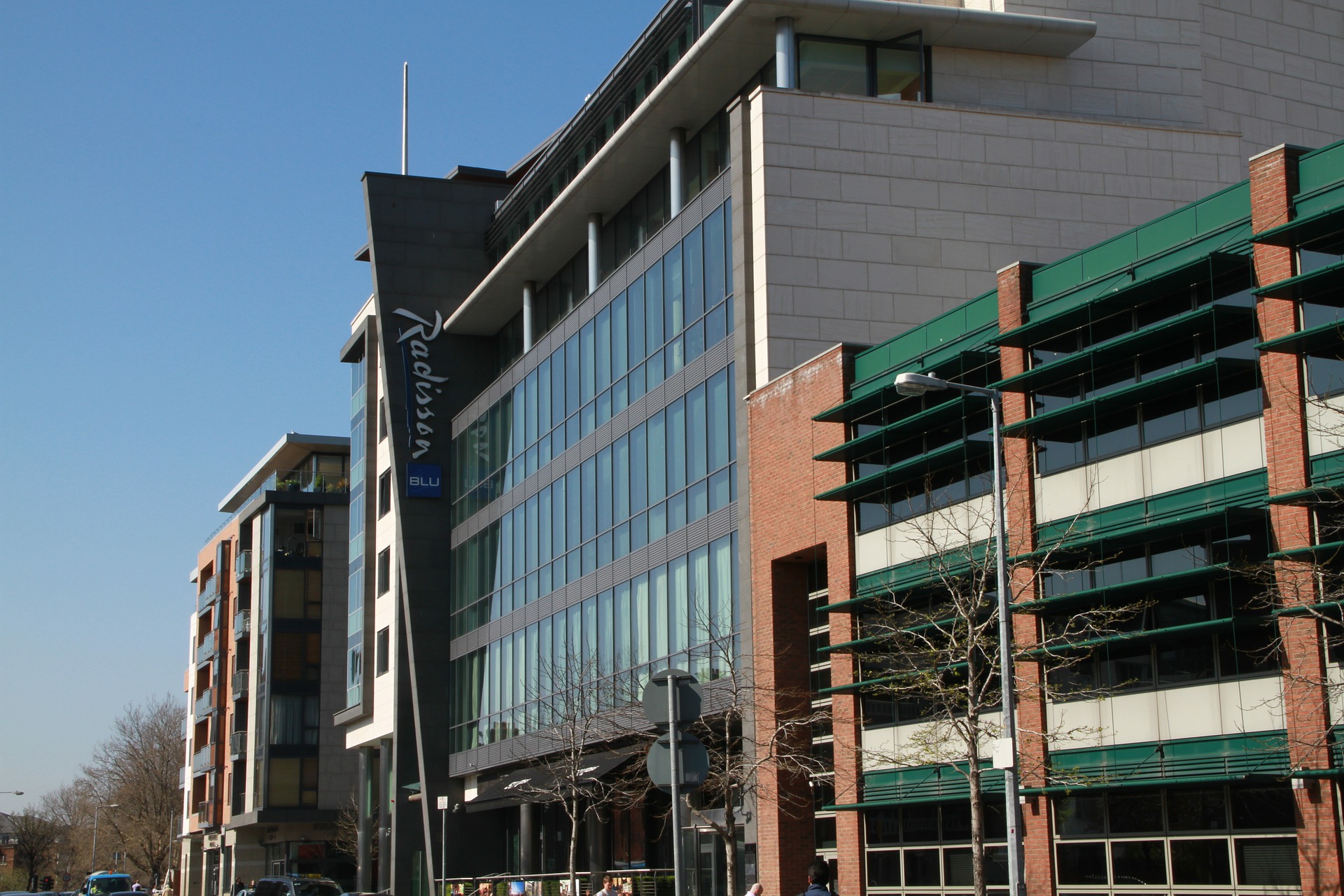Purchasing a commercial property can be a significant financial investment for a buyer. In order to protect his or her potential investment, a buyer should take steps to investigate the risks of acquiring a commercial property and how to reduce those risks where possible.
An important step is to gather as much information as possible about the physical condition and compliance of a property in a process known as technical due diligence.
Why undertake technical due diligence?
There are a number of reasons why engaging an expert to undertake technical due diligence of a commercial property is a good idea. The objective of technical due diligence is to carry out investigations about the physical condition of a building and available documentation to alert a buyer to any issues with the property.
Technical due diligence might identify such things as latent defects, environmental risks and/or necessary capital expenditure.
Any information about the property, which arises out of the due diligence process, might enable the buyer to cancel the contract of sale or seek to re-negotiate a price reduction with the seller. In this way, technical due diligence allows a buyer to mitigate his or her risk associated with the purchase of a commercial property.
Searches and investigations
Technical due diligence is typically undertaken by specialist consultants, such as a quantity surveyor, and generally takes between 2-3 weeks. The process can be as comprehensive or limited as a buyer requires, but would normally include the following searches and investigations:
- Building structure and fabric: this might involve a visual inspection of the structural elements of the building to identify any shortcomings such as spalling of concrete, subsidence and other structural distress. The building fabric will also be identified such as roof coverings, balconies and window facades.
- Building services: building services account for a significant proportion of the ongoing maintenance and upkeep of a property, and can have a major impact on the quality of the building. An examination of building services commonly covers the condition of air-conditioning units, electrical services, fire services and hydraulics.
- Regulatory: a review of the statutory regulations will likely be undertaken to identify the applicable building code in relation to the property, any non-compliances with the building code and the commercial implications of those non-compliances. A consultant might also comment on the property’s compliance with applicable access legislation, such as the Disability Discrimination Act.
- Environmental: investigations might involve identifying potential areas of risk of contamination, hazardous materials on the property, air quality, asbestos and other environmental hazards.
- Depreciation: Property owners are generally allowed to make depreciation allowances which reflect the drop in value of the materials that make up a property’s structure. These allowances can be substantial and a tax depreciation schedule completed during the due diligence process will outline to a buyer the potential tax depreciations and capital allowance entitlements which are available.
- Capital expenditure: Capital expenditure forecasts (CAPEX) set out the likely expenditure required to maintain the building and keep it in working order for a period of usually between 10-15 years.
Conclusion
The importance of carrying out a thorough legal and technical due diligence process when considering purchasing a commercial property should not be underestimated and should be undertaken with the assistance of specialist consultants experienced in the process.
If you or someone you know wants more information or needs help or advice, please contact us on (03) 9592 3356 or email office@citypacific.com.au.


